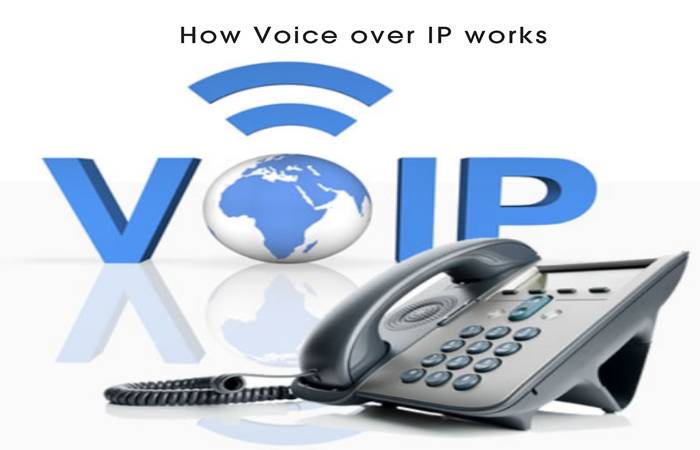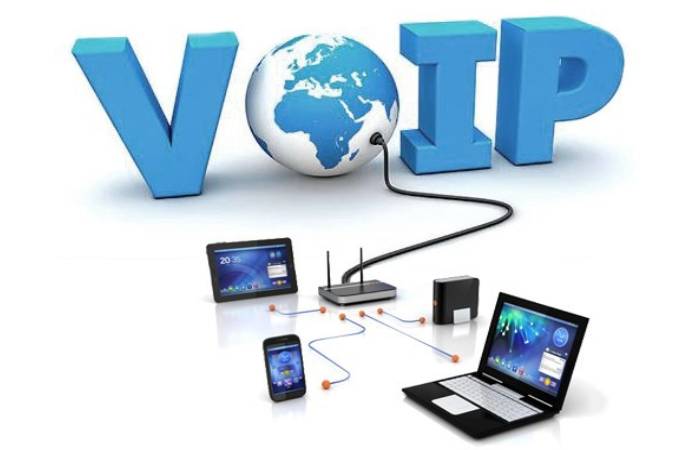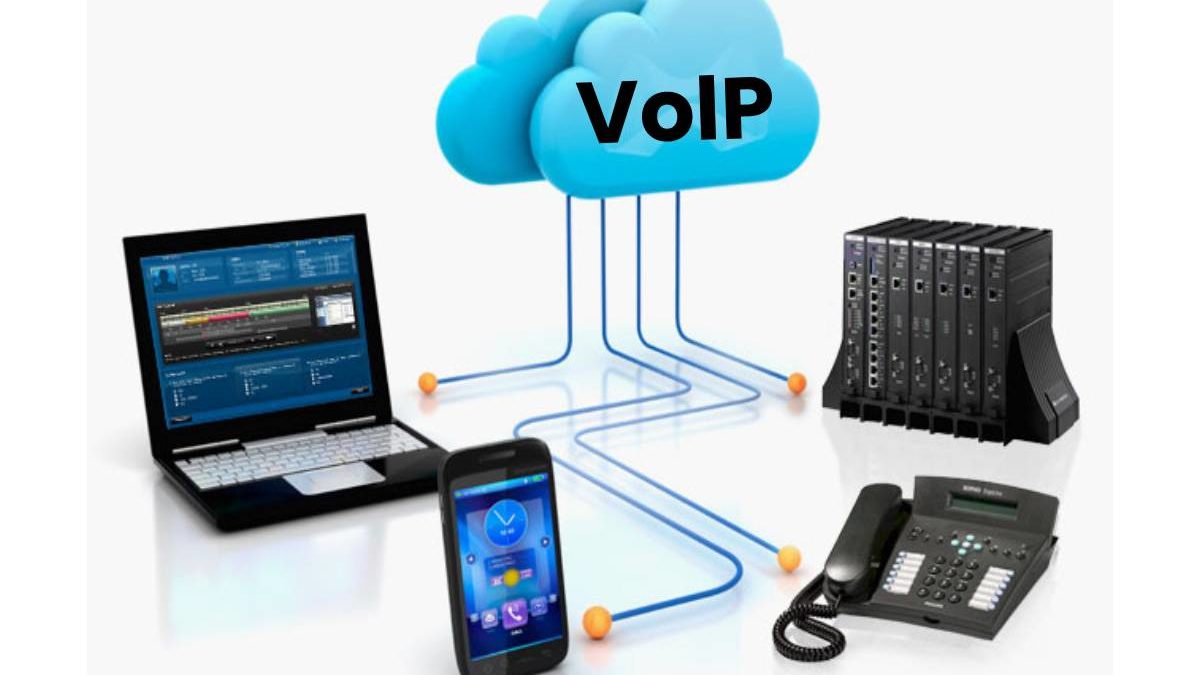Table of Contents
What is Voice Over IP (VoIP)?
“Voice over IP” is the full form for “Voice over Internet Protocol” and is known worldwide as VoIP.
Voice over IP mentions the broadcast of voice traffic over Internet-based networks instead of traditional PSTN (public switched telephone network) telephone networks. The PSTN works over physical phone lines, wiring systems, and networks and allows users to make landline and landline calls.
IP telephony, however, is much more versatile, allowing the transmission of voice, data and video to a diversity of devices such as smartphones, personal computers, tablets and IP phones at a lower cost.
The Internet Protocol (IP) was initially designed for data transition networks. Its great success was adapted to voice networks by packetizing information and transmitting it as IP data packets.
Many software and application communication systems use Voice over IP to offer full-featured business solutions and internet telephony for personal use. Some examples of these products include 3CX, which provides a business communications system that integrates voice, video, chat, and more.
Newer device manufacturers, such as Apple, have native IP apps built into their smartphones, such as Apple Face Time that provide calling and video capabilities.
How does Voice Over IP Work?

- Voice over IP changes data, such as voice and audio, into a digital signal and transfers it ended the Internet as digital data packets.
- To use VoIP technology, you necessity a VoIP service or application that facilitates calls, internet access, and a SIP trunk or VoIP provider.
- Some broadband or telephony breadwinners offer IP telephony as a standard or supplement to traditional PSTN services.
- However, most telecom providers are making a gradual switch to all IP.
- If your regular telephone service provider offers VoIP solutions, you will not need to use SIP trunks or separate VoIP providers.
- By using data switching technology to transmit voice, VoIP uses some protocols to facilitate calls.
- It includes RTP (Real-Time Transport) protocol which defines a standard packet format for delivering media over the Internet.
- Moreover, SIP (Session Initiation Protocol) is a signalling protocol castoff to establish, uphold and end a session between 2 or more participants.
- Voice and video data divide into packets sent over the Internet. And then reconstructed to be delivered in real-time as the original audio and video message.
What are the Advantages of Voice Over IP?

- Voice over IP ( VoIP ) transmission can facilitate many processes and services. It is typically tough and expensive to implement using the traditional PSTN voice network:
- More than one call can transmit over the same phone line. In this way, the transmission of voice over IP can increase the company’s telephone lines without additional physical lines.
- Features typically billed extra by phone companies, such as call forwarding, caller ID, or automatic redialing. It is easy to implement with voice over IP technology.
- The Unified Communications are possible with voice over IP, allowing the integration of other services available on the Internet such as video conferencing, instant messages, etc.
- A voice over IP solution offers significant cost savings over traditional phone systems. Users can get benefits like free calls and lower rates for long-distance and international markets.
- Organizations can enhance their customer service with applications that offer capabilities to increase agent productivity and efficiency.
- Also, customers can connect with the company through various channels and use free calls to the contact centre.
- It’s much easier to work with isolated workers when your business has a VoIP software communications solution in place.
- Extensions can easily add effortlessly, and employees can add to the company’s phone system regardless of location.
- Fax machines are an outdated device that many companies are getting rid of it. But for those who are faithful to simpler times, many modern communications solutions offer fax to email, simplified by VoIP.
- Complete systems are easy and inexpensive to implement. Without the need for extensive infrastructures, Voice over IP communication systems can install quickly and without the high cost.
Disadvantages of Voice Over IP
- If you have network problems or power outages, this can result in your VoIP phone system’s failure.
- Additionally, a bad internet connection can affect the quality of your calls. For this reason, many businesses choose a dedicated internet connection for their VoIP communications.
- As an internet service, it is vulnerable to cyber-attacks. There are several security risks like DOS attacks or call interception.
- However, the most trusted facility providers and software systems implement tools and measures to protect against such vulnerabilities.
Conclusion
Voice over IP and mentions the transmission of voice traffic ended an internet joining.
Traditional telephony, recognized as the Public Switched Telephone Network or PSTN for petite, works finished bodily phone lines, cable systems and networks. And lets users brand landline and cellular telephone calls.
However, IP telephony is much more versatile. It enables voice, data, and video to transmit to various devices, counting smartphones, laptops, tablets, and IP phones, at a much low price.
There are various applications and software communications systems that utilize Voice over IP. It offers full-featured business communications solutions and internet telephony for personal use.
Examples of such products include 3CX, which proposals a company communications system integrating voice, video, chat and more. Like Apple, most modern device manufacturers have integrated native IP apps into their smartphones, such as Apple FaceTime, which delivers call and video functionality.
Also Read: What are the Honor Phones? – History, Availability Information, and More

